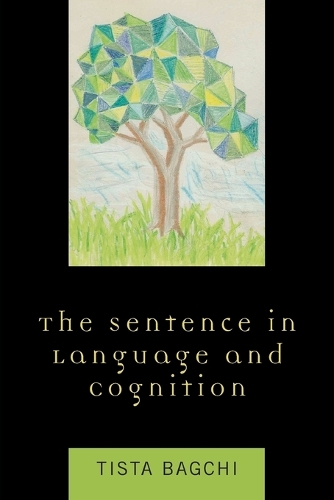
The Sentence in Language and Cognition
(Paperback)
Publishing Details
The Sentence in Language and Cognition
By (Author) Tista Bagchi
Bloomsbury Publishing PLC
Lexington Books
11th September 2015
United States
Classifications
Tertiary Education
Non Fiction
401.43
Physical Properties
Paperback
196
Description
The Sentence in Language and Cognition is about the significant role of the sentence in linguistic cognition and in the practical domains of human existence. Dr. Tista Bagchi has written a comprehensive assessment of the structure and cognitive function of the sentence and the clause in the context of real-world discourse and activities. The notions of sentencehood and clausehood with special reference to the semantic histories of the terms sentence and clause, including their ethical, legal, and administrative uses, are assessed. This is followed by a concise historical survey of the treatment of the sentence in a few of the ancient linguistic traditions, notably the Greek, Roman(-Alexandrian), Arab, and Sanskrit scholastic traditions. A wide variety of sentence types, from a cross-section of languages spoken in Asia, Europe, and the Americas, are presented by way of factual evidence for sentences and clauses as linguistic units. Formally defined notions of the sentence and the clause as syntactic constituents in major theoretical frameworks are examined and assessed for their essential properties and points of convergence. The Sentence in Language and Cognition is an essential book for advanced students and researchers of linguistics.
Reviews
This is a hugely literate work of enormous scope. Bagchi defends the integrity and centrality of the notion of a sentence against contrary influences of all sorts-from philosophy (including philosophy of language), from psychology, from figurative speech and thought, from irrational uses of language in poetry and creative writing, from the study of schizophrenia, and even from a cetain line of thinking within linguistics itself. Philosophers in particular, beware: It is impossible on purely linguistic grounds that all sentences should express propositions; there are formidable challenges to semantic compositionality; the relation between sentencehood and word-world reference is vexed; and there is an important sense in which a sentences predicate is its semantic core. -- William G. Lycan, University of North Carolina
Author Bio
Tista Bagchi is professor of linguistics at the University of Delhi.
